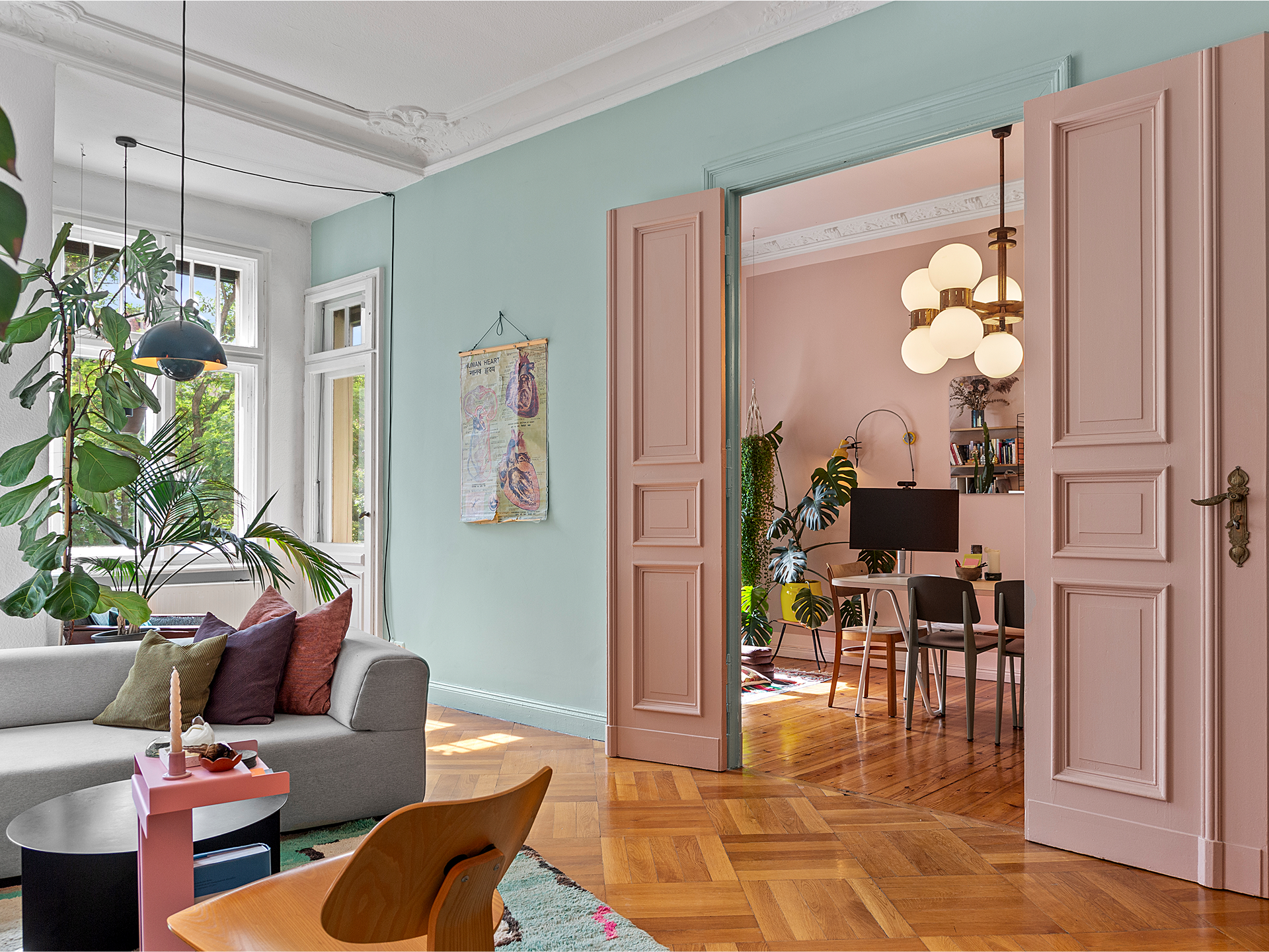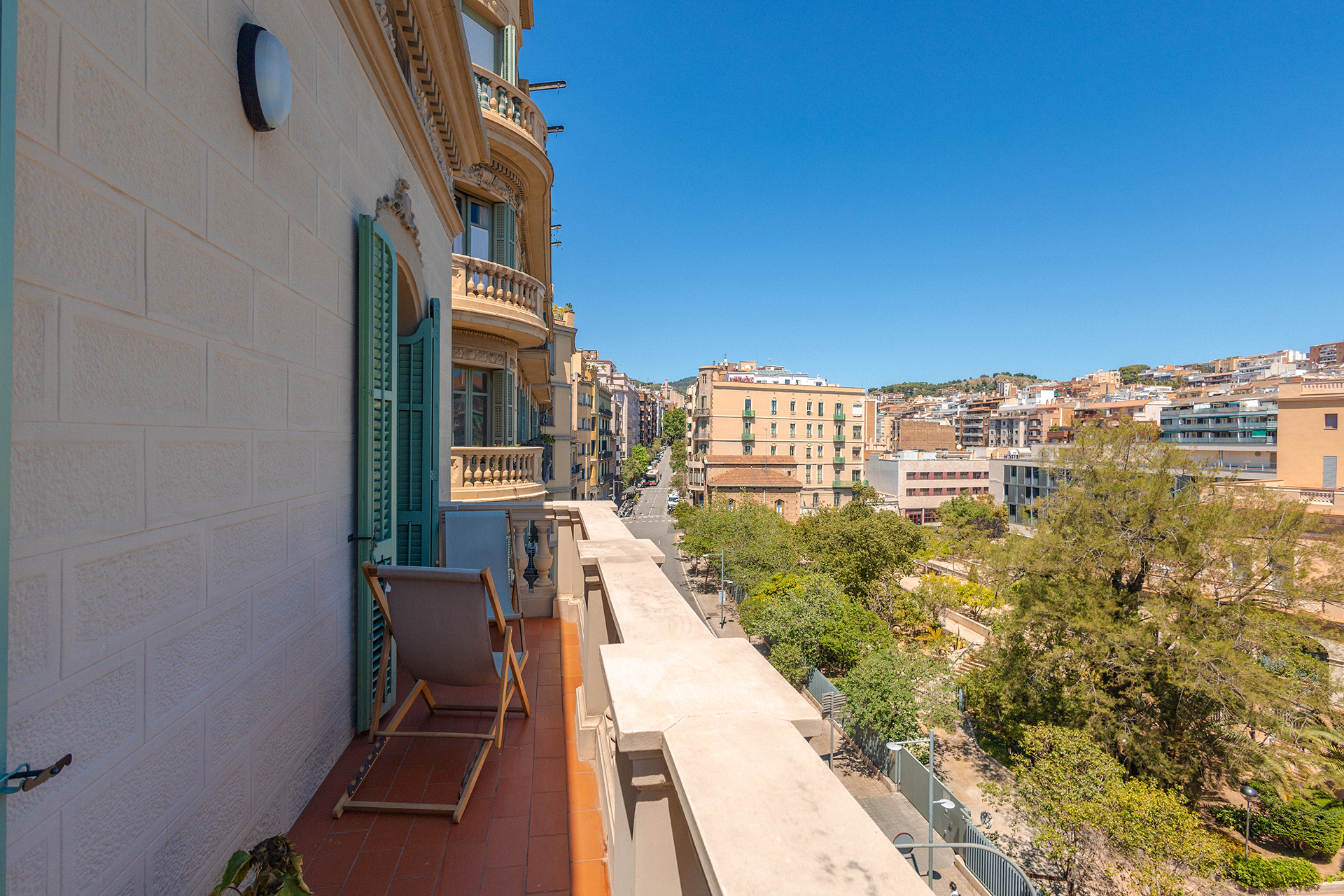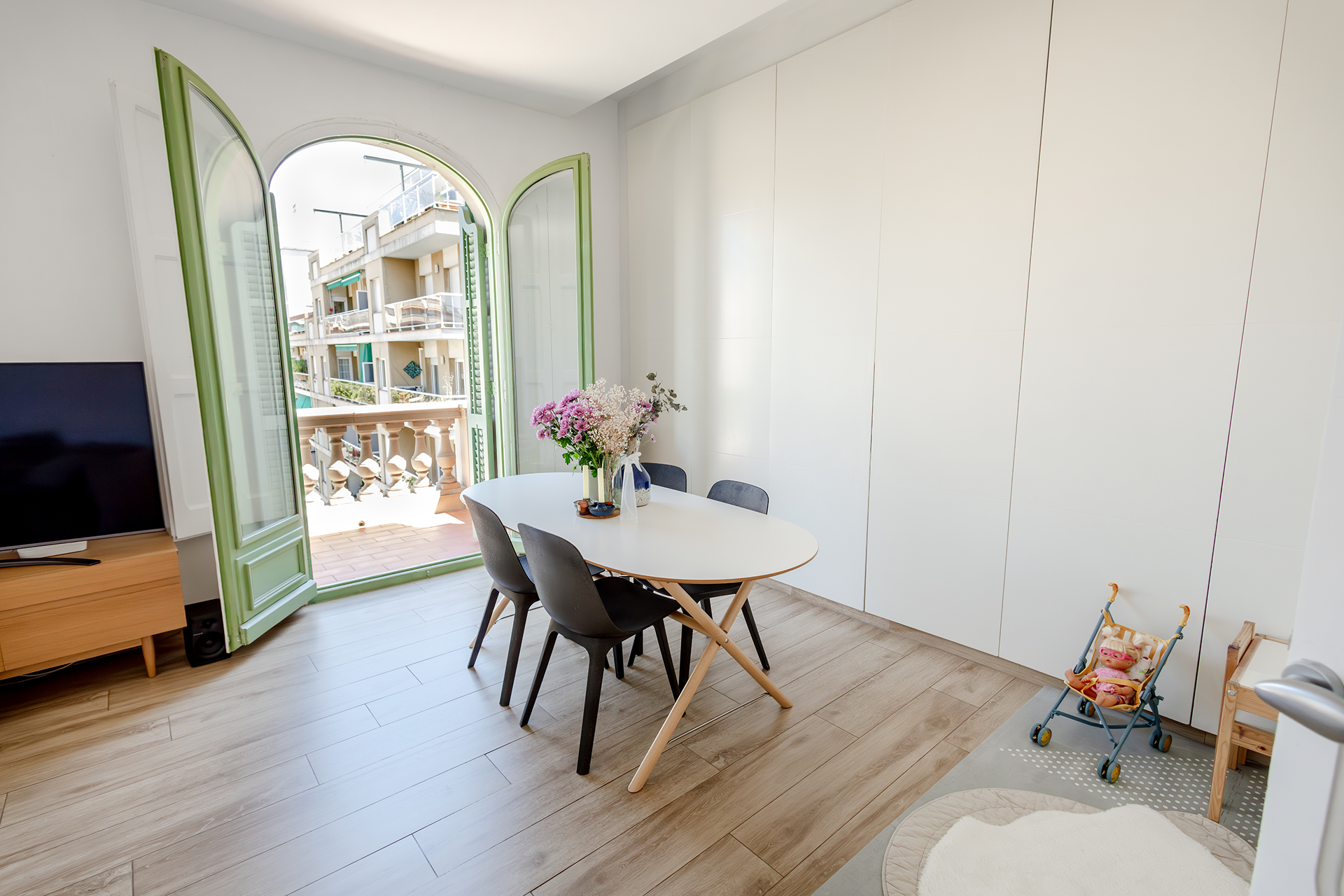Why House Swapping Is the Most Sustainable Way to Travel
Exchanging houses preserves neighborhood character, fosters deeper cultural exchange, and helps travelers tread more lightly on the planet.

Technology has made it easier than ever to travel, at least in logistical terms. But the conveniences of modern travel often come at a cost — to the environment, to local communities, and even to your own enjoyment. Carbon emissions from flights, habitat destruction from development, and the commercialization of once-quiet towns are all part of the darker side of global tourism.
So how do we explore the world in a way that aligns with our values? Home swapping is one of the most sustainable forms of lodging available.
House swapping is basically what it sounds like — temporarily trading homes with another person or family. You can coordinate a direct exchange, but it’s much easier to work with a platform like Kindred, earning hosting credits that you can use around the world whenever you like.
These exchanges are a far lower-impact way of traveling than staying in a short-term rental, and arguably than staying in a hotel. When you trade homes with someone else — whether across the state or across the ocean — you leave a smaller carbon footprint and help maintain local communities for everyone. In fact, you can even be building new communities. Here’s why.
House Swapping Helps Protect Local Housing Markets
Last year, thousands of people turned out to protest against overtourism in Mallorca. “Mallorca no es van,” read the banners: “Mallorca is not for sale.”
Residents of the Spanish island aren’t the only ones who are riled up. From Venice to Bali, locals are concerned about noise, congestion, and changes to their neighborhoods from tourism.
In Bologna, Italy, small shops that catered to residents have been converted into faux-traditional stores that sell mortadella cold cuts to tourists. Amsterdam’s famous flower market closed because visitors crowded out customers. Kyoto now bars tourists from certain neighborhoods. People are trampling on the most remote and pristine places on the planet, like Antarctica.
Cities around the world, including New York and Berlin, are banning short-term rentals for encouraging invasive tourism and pushing out locals. In May 2025, Spain Ordered Airbnb to Take Down 66,000 Rental Listings. Vacation rentals aren’t a new concept, but in the past couple of decades their numbers have soared — especially in popular tourist destinations. At first, that seemed like a win-win. People going on vacation could make a few bucks renting out their homes; visitors could save money and have a more “authentic” trip.
But short-term rentals proved to be money-makers, and soon professional hosts and management companies were popping up everywhere. Investors started gobbling up units to turn into mini hotels. In many destinations, the housing supply decreased and prices went up — or at least, that’s how it seemed.

Some studies have questioned whether short-term rentals had much of an impact on housing prices. But other research has concluded that they absolutely have. One study that focused on Barcelona, for instance, found that over the course of four years, short-term rentals made rents in some parts of the city increase by 7% and sale prices by 17%.
House swapping doesn’t affect real estate prices that way. No one is buying up housing to do Kindred.
Home Exchanges Are Better for Local Communities
Emanuele Marca and Dieter Dubois live in a historic building in the center of Barcelona. Their neighborhood is touristy, but still has residential amenities, like pharmacies and bakeries and schools. They would like it to stay that way. Home swapping allows them to travel more affordably without contributing to the over-commercialization of Barcelona.
Emanuele and Dieter are from Italy and Belgium, respectively. But Barcelona is home. They shop for groceries in the Mercado de Santa Caterina. Marca is currently learning Catalan — which should help when communicating with his neighbor, a proud traditionalist.
The couple has seen how tourism has changed the city. Ironically, visitors have eroded the very characteristics — charming streets, small shops, traditional restaurants — that drew so many of them to Barcelona in the first place.
“La Rambla is now being completely transformed into a sort of amusement park for tourists,” Emanuele says, of the city’s renowned pedestrian boulevard.

Home exchanges have a lighter footprint in the community. No one is operating their home as a business, so turnover is low. Research has shown that home exchanges tend to be more spread out than short-term rentals, so their impact is less concentrated.

Emanuele and Dieter signed up with Kindred in the spring of 2024; they have hosted several times and also traveled to Palermo, Italy. Barcelona is in the process of banning short-term rentals. But neighbors don’t mind their occasional home exchange guests.
“We're here, we live here, people know that,” Dieter says. “When we are gone a few days or the week, we have our guest friends over. So people are not really bothered.”
Home Exchanges Are (Probably) Better for the Environment
Environmentally speaking, the less we build, the better. Construction is one of the most resource-intensive activities on the planet. Steel, concrete, glass, plastic and other materials need to be produced and transported. Building uses fuel-hungry machinery, requires vast amounts of water, and produces a lot of waste. According to the UN Environment Programme, the buildings and construction industry produces more than a third of all global emissions.
Home exchanges are actually a more efficient way of using existing structures — you’re using space that would otherwise be empty, not removing housing inventory that needs to be replaced.
In fact, house swapping can reduce the need for new construction; staying in an existing home reduces the need for hotels.
There’s no perfect way to travel — but there are better ways. House swapping offers a compelling model for exploring the world more responsibly. It encourages reciprocity over profit, connection over consumption. By making more thoughtful choices about where we stay, we can preserve places for all the people who love them.

